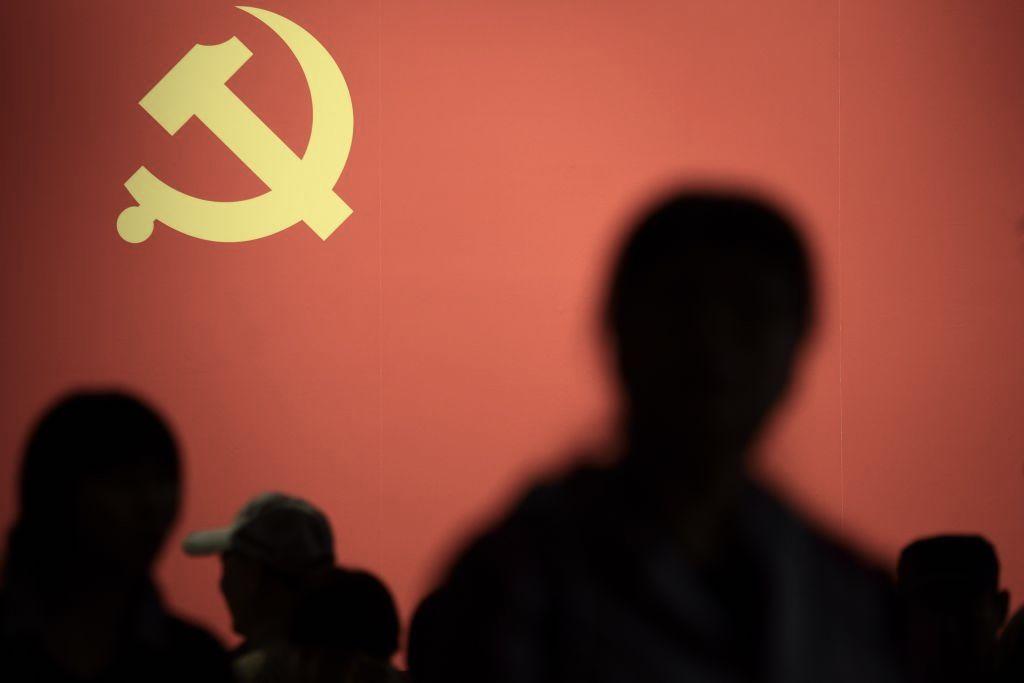Lee Young-ho, the younger brother of South Korean Go player Lee Chang-ho and the chairman of the Lee Sedol Go Academy, died in Beijing on Jan. 28 at the age of 48, becoming the latest foreigner to die in China suddenly.
On Jan. 29, the Korean Medical Association announced, “Mr. Lee, who lived in Beijing, China, died suddenly of a myocardial infarction.”




